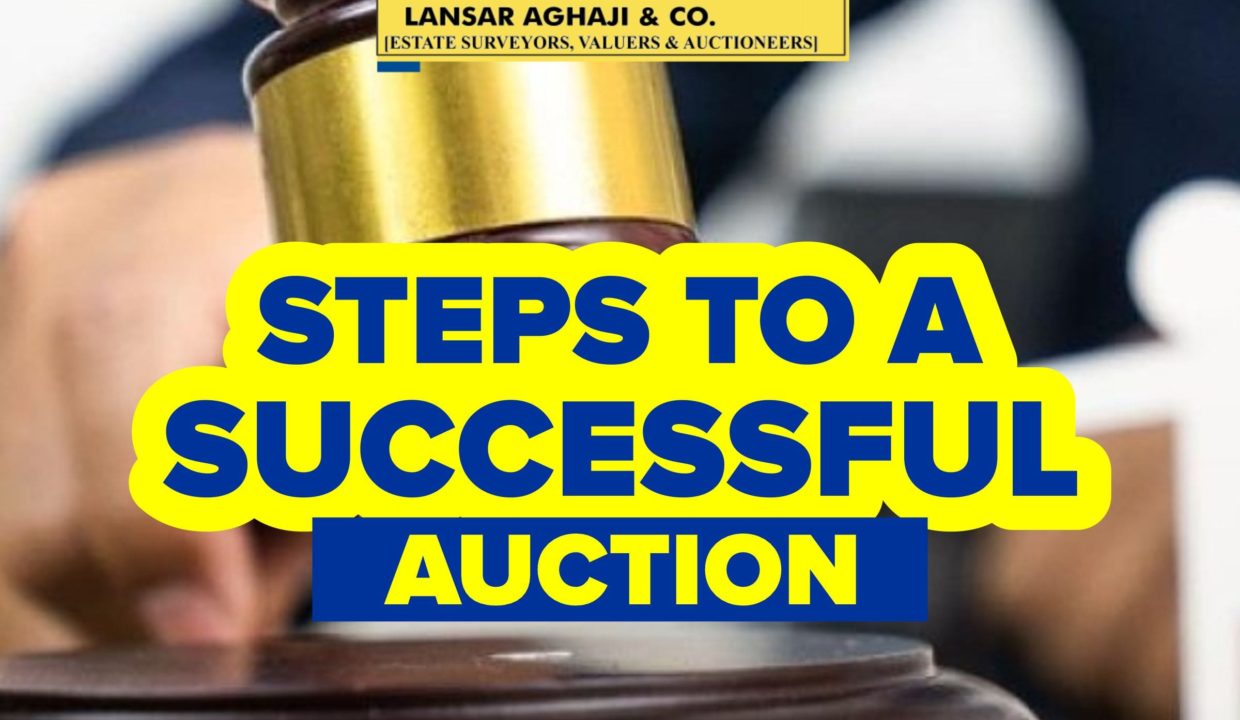
Steps to a successful auction – An Auction is a process of buying and selling goods or services by offering them up for bid, taking bids, and then selling the item to the highest bidder. Auctions have been used for centuries to sell everything from fine art and Real Estate to automobiles and collectable items. The Auction process can be conducted in live, online, or through a combination of both.
Before an Auction, it’s important to properly prepare and promote the items that will be up for bid. This includes researching the value of the items, taking high-quality photographs, and providing detailed descriptions. It’s also important to set the rules and terms of the Auction, including the start and end time, the minimum bid, and the payment.
During the Auction, it’s important to have a clear and concise Auctioneer, who can keep the bidding process running smoothly, and address any issues that may arise. Additionally, it’s important to have a reliable method for keeping track of the bids, whether it be a traditional bid book or an electronic system.
After the Auction, it’s important to follow up with the winning bidders to ensure that payment and shipping arrangements have been made. It’s also important to evaluate the Auction to identify areas for improvement and make changes for future Auctions.
A successful Auction requires careful planning and execution. Here are some steps to help you plan and conduct a successful Auction:
- Define the purpose of the Auction: Before you begin planning your Auction, it’s important to understand why you’re holding it. Are you raising funds for a charity, liquidating assets, or selling off surplus inventory? Understanding the purpose of the Auction will help you determine the type of Auction to hold and the items to include in it.
- Choose the right type of Auction: There are several types of Auctions, including English Auctions, Dutch Auctions, sealed bid Auctions, and more. Each type of Auction has its own advantages, and the type of Auction you choose will depend on the items you’re selling and the purpose of the Auction.
- Identify and secure the items for the Auction: Once you’ve determined the type of Auction you’ll be holding, it’s time to identify the items that will be included in the Auction. You should also secure the items, which means making sure that they are in good condition and that you have the legal right to sell them.
- Promote the Auction: The key to a successful Auction is having a large number of bidders. This is why it’s important to promote the Auction well in advance. Consider using social media, email, and other marketing channels to reach potential bidders.
- Set the rules and terms of the Auction: Before the Auction begins, it’s important to set the rules and terms that bidders will need to follow. This includes things like the start and end time of the Auction, the minimum bid, and the payment and shipping terms.
- Conduct the Auction: Once the promotion and planning are done, it’s time to conduct the Auction. During the Auction, be sure to keep things running smoothly and address any issues that may arise.
- Follow up with the winning bidders: After the Auction is over, it’s important to follow up with the winning bidders to make sure that the items are paid. This will help ensure that the Auction is a success and that everyone is satisfied with the outcome.
- Evaluate the Auction: After the Auction is over, take some time to evaluate how it went. Look at things like the number of bidders, the final prices, and the overall satisfaction of the bidders. This will help you identify areas for improvement and make changes for future Auctions.
By following these steps, you’ll be well on your way to planning and conducting a successful Auction. Remember to be well prepared, have a good understanding of the purpose of the Auction and the type of items you’re selling, and effectively promote the Auction. With the right planning and execution, your Auction will be a success. To make your Auctioneering process a successful one, reach out to our professionals at Lansar Aghaji & Co today. We’re willing to help!
